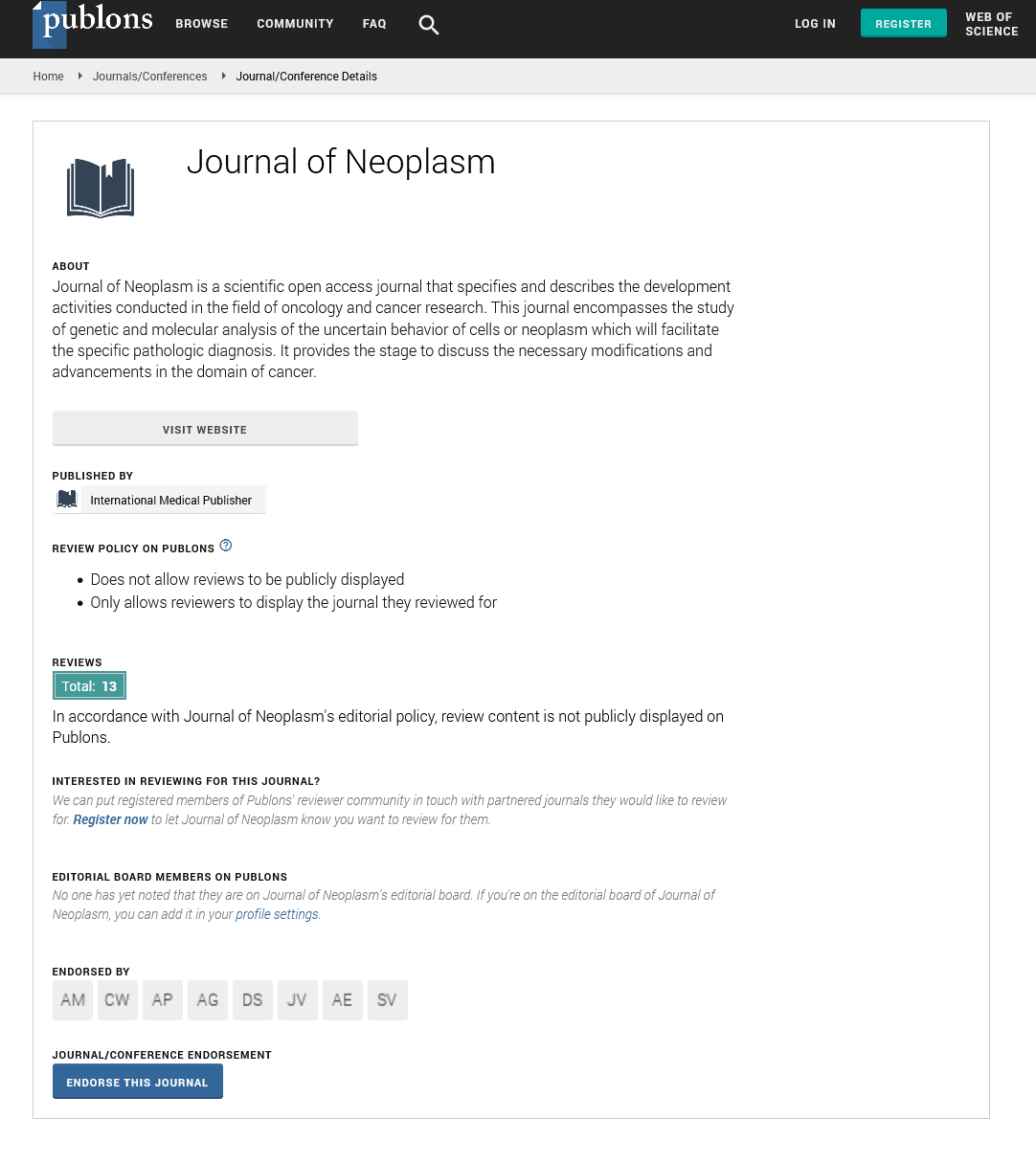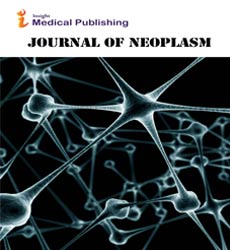Abstract
Making Progress: Impact of Diabetes on Metastatic Colon Cancer Disease Progression
Background: Diabetes is a risk factor for the development of colon cancer and is associated with worse cancer-specific outcomes in a non-metastatic disease. However, it remains unclear whether diabetes clinically impacts cancer-specific outcomes in metastatic colon cancer. This study aimed to determine if diabetes conferred an increased risk of disease progression as measured by progression-free survival in diabetics compared to nondiabetics, as well as to determine whether A1Cor diabetes medication clinically impacted disease progression. Methods and Findings: We performed a single-institution retrospective chart review comparing radiographic progression-free survival of 42 diabetics to 149 non-diabetic patients with newly diagnosed metastatic colon cancer. Cox proportional hazard models were used to compare progression-free survival. Models controlled for chemotherapy, surgical interventions, gender, age, and ethnicity. Diabetics experienced significantly shorter mean progression-free survival (0.84 versus 1.27 years, p=0.028) and experienced significantly increased risk of disease progression [HR 1.68 (1.16-2.41), p=0.0054] compared to non-diabetics. No significant benefit or harm to progression-free survival was found by A1Cor diabetic regimen. Conclusion: Our results suggest diabetes is associated with an increased risk of disease progression in newly diagnosed patients with metastatic colon cancer. These results seem to suggest that diabetes is a poor prognostic indicator in newly diagnosed metastatic colon cancer and that improved management of diabetes may lead to delay in disease progression.
Author(s):
Samuel V Riley and Douglas F Beach
Abstract | Full-Text | PDF
Share this

Google scholar citation report
Citations : 144
Journal of Neoplasm received 144 citations as per google scholar report
Journal of Neoplasm peer review process verified at publons
Abstracted/Indexed in
- Google Scholar
- China National Knowledge Infrastructure (CNKI)
- Publons
- Secret Search Engine Labs
Open Access Journals
- Aquaculture & Veterinary Science
- Chemistry & Chemical Sciences
- Clinical Sciences
- Engineering
- General Science
- Genetics & Molecular Biology
- Health Care & Nursing
- Immunology & Microbiology
- Materials Science
- Mathematics & Physics
- Medical Sciences
- Neurology & Psychiatry
- Oncology & Cancer Science
- Pharmaceutical Sciences


